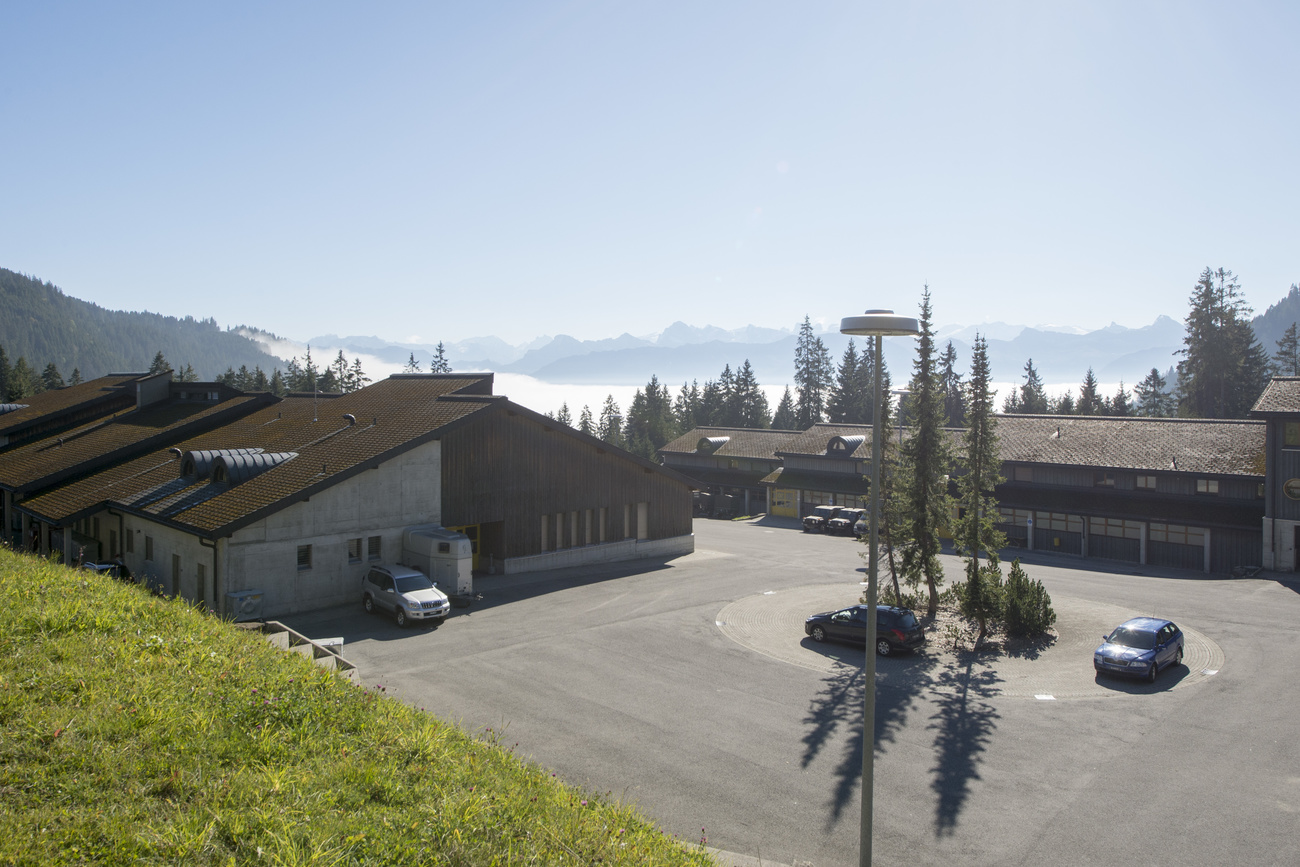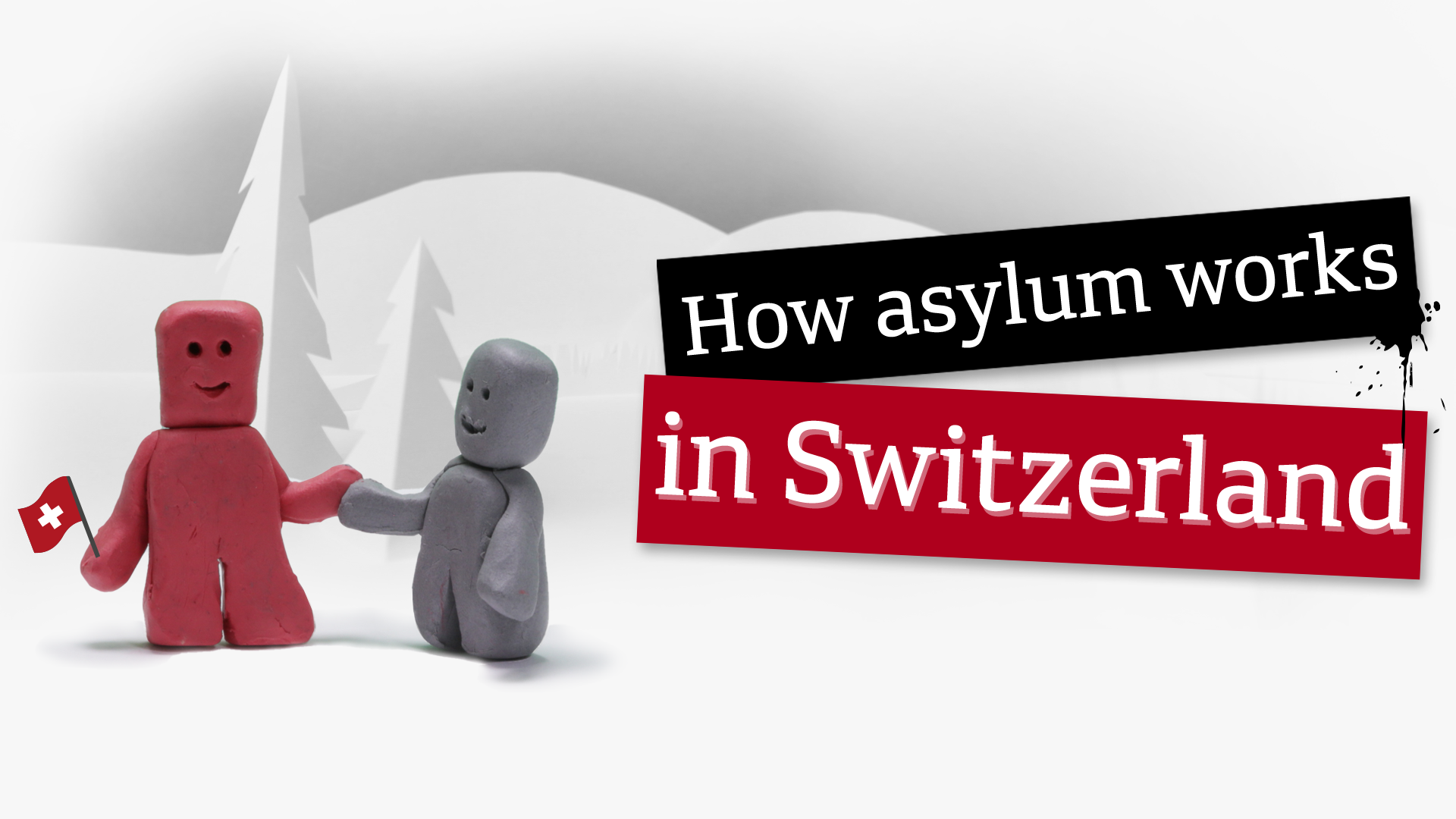
Swiss migration authorities struggling with ‘overlapping crises’

The head of Switzerland’s State Secretariat for Migration (SEM) says federal asylum centres around the country are full and that that the current refugee situation is unprecedented since the Second World War.
Christine Schraner Burgener was reacting on Thursday to reports earlier this week about saturated Swiss asylum centres, where it was said there were “hardly any beds left”.
Schraner Burgener said the difficulty was one of “overlapping crises”: on top of the 70,000 Ukrainians who have arrived since the outbreak of war in February, “regular” asylum seekers from other states have been increasing rapidly since August.
Most of these latter are currently Kurds coming from Turkey, she said, along with people from North Africa and Afghanistan. Some 800 asylum claims per week are currently being filed, and it’s estimated that the total number of asylum seekers (including Ukrainians with their special S permit) will top 100,000 for the year.

More
How welcoming is Switzerland for refugees?
Schraner Burgener pointed to a catch up effect following the pandemic, which prevented people from travelling, but which also hit poorer regions particularly hard, spurring people to move when they could.
Grain export problems due to the Ukraine conflict have also caused problems in parts of North Africa and the Near East, leading to “more poverty and therefore more migration”, Schraner Burgener said.
Taking measures
With all six federal asylum centres full (and even operating beyond their capacity), SEM said it was speeding up the process of sending asylum seekers – and rejected asylum seekers in particular – to be accommodated by cantonal authorities. Authorities are also recruiting more staff and are looking at new housing options, including in civil protection bunkers.
In Winter, Schraner Burgener said the expectation was that migrants arriving through the Balkans would slow down, due to the cold weather, but that – also due to the weather – there could be an increase in refugees fleeing Ukraine.

More
How the Swiss asylum system works

In compliance with the JTI standards
More: SWI swissinfo.ch certified by the Journalism Trust Initiative


























You can find an overview of ongoing debates with our journalists here . Please join us!
If you want to start a conversation about a topic raised in this article or want to report factual errors, email us at english@swissinfo.ch.